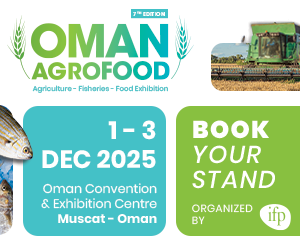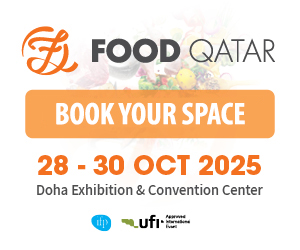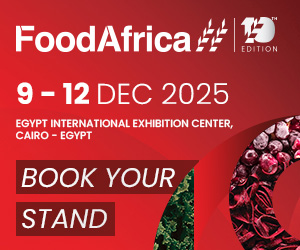South Batinah is set to host the inaugural Omani Rutab Festival on July 17–18, spotlighting the region’s agricultural richness, cultural heritage, and tourism potential. The event will take place at the scenic Hujrat al Sheikh Tourist Walkway in Wadi al Maawil, a destination popular for its historical charm and steady visitor flow.
The two-day festival will celebrate Oman’s iconic date farming traditions, with a focus on rutab — the prized half-ripened dates central to Omani cuisine and culture. Local farmers, artisans, and families will participate by showcasing their harvests, traditional products, and crafts, while engaging the public in authentic cultural experiences.
“This initiative is about empowering our communities — especially families of artisans — by providing them with a platform to display their skills and heritage,” said a representative from the South Batinah Governor’s Office. “Visitors will enjoy an immersive journey that fuses agriculture, tradition, and ecotourism.”
Scheduled from 5 PM to 11 PM daily, the festival has been timed to offer a cooler, more enjoyable environment for families and tourists. The program includes stalls with date-based foods, palm-crafted goods, organic products, and heritage items. Wilayats from across South Batinah will showcase their finest rutab, offering tasting sessions and insights into the role of dates in daily Omani life.
The venue — Hujrat al Sheikh Walkway — connects three notable heritage sites: Hujrat al Sheikh Quarter, Al Safalah Castle, and Bait al Ghasham Museum. It also offers access to historic homes, palm oases, and the Al Washhihi Falaj, attracting over 15,000 weekly visitors from Oman and beyond.
Developed with over RO80,000 in investment, the 1.5-kilometer walkway was created in collaboration with public and private partners. It features traditional Omani design, restored walls, shaded seating, and a newly built 200-meter elevated path with panoramic views of surrounding farms and heritage structures.
Organizers hope to turn the Rutab Festival into an annual tradition with growing regional appeal. “This is more than just a festival,” the official added. “It’s a celebration of our identity — our roots, our land, and our shared future.”



















































































